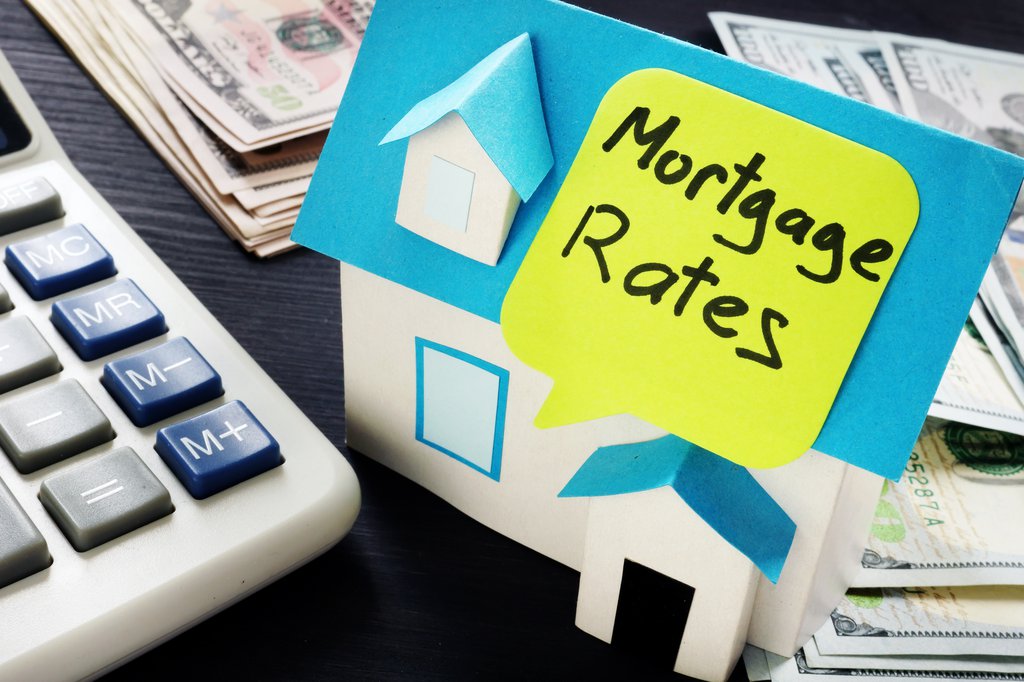
Acquiring a home is a significant milestone, filled with cherished memories and family growth. However, given its substantial cost, securing approval for a mortgage is a common concern. To enhance your chances of approval, consider the following six tips, which encompass various strategies for home ownership preparation.
Key Takeaways:
- Get a Co-Signer:
- If your income is insufficient for loan qualification, a co-signer can strengthen your application by contributing their income to affordability calculations. Ensure the co-signer possesses a stable income, good credit history, and a reliable employment record. Both parties should fully comprehend the financial and legal obligations associated with co-signing.
- Wait:
- Monitor economic, housing market, and lending conditions. In periods of economic or market uncertainty, waiting for more favorable conditions may improve your mortgage eligibility. During this time, home prices or interest rates might decrease, positively impacting your financial suitability for a loan.
- Boost Your Credit Score:
- Prioritize improving your credit score by obtaining a free annual credit report, managing credit cards responsibly, and maintaining a favorable debt-to-income ratio. Building a solid credit history through on-time payments and prudent credit utilization enhances your mortgage eligibility.
- Consider a Less-Expensive Property:
- If the desired mortgage amount is challenging to qualify for, explore smaller homes, different neighborhoods, or even regions with lower homeownership costs. Adjusting your property expectations may align better with your current financial standing.
- Ask the Lender for an Exception:
- In certain cases, it’s possible to request a second opinion within the lending institution by appealing for an exception. Crafting a well-justified letter explaining any one-time credit issues, backed by an otherwise sound credit history, may lead to a reconsideration of your loan application.
- Explore Other Lenders and FHA Loans:
- Diverse lenders may have varying credit requirements. Research different institutions, including local and community banks, and inquire about their specific criteria. Some banks offer programs, such as FHA loans, catering to low-to-moderate-income borrowers. FHA loans often feature lower down payments and credit score requirements.

How Much Can I Borrow for a Mortgage Based on My Income?
Your borrowing capacity depends on factors like income, debt level, and lender requirements. A general guideline suggests borrowing less than 30% of your post-tax/debt income over the mortgage term. Discuss with a lender for a personalized assessment based on your financial specifics.
What Factors Qualify You for a Mortgage?
Lenders assess debt-to-income ratio, credit history, credit score, and income to determine mortgage eligibility. Additionally, individual lenders may consider specific factors.
How Much Income Do I Need to Qualify for a $250,000 Mortgage?
Income requirements vary based on credit history, score, debt-to-income ratio, interest rate, and mortgage length. Consult with a lender for an accurate estimate aligned with your financial situation.
In conclusion, adhering to these six steps can enhance your prospects of mortgage approval. Engage with your lender to gain insights into additional measures that may contribute to a successful loan application. Understanding lenders’ criteria allows you to strategically align your finances and meet their requirements effectively.




